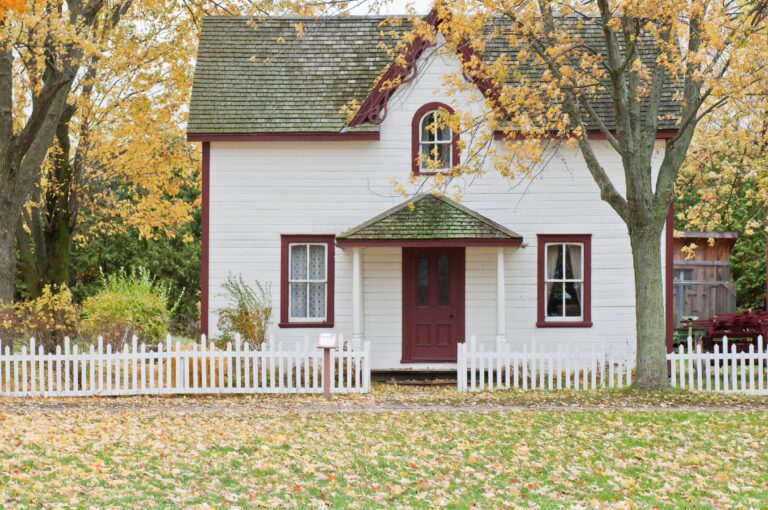
If you are someone who is getting divorced, one of your top priorities is most likely to keep your home. Of course, this is understandable, as it is your home. You spent years fixing it to your liking, perhaps you raised your children there, and more. Unfortunately, one of the most complex parts of the divorce process is the division of assets, as both spouses stand a chance of losing their home to the other. That being said, our firm may be able to help you keep your home. Please continue reading and speak with our experienced Bristol County divorce attorneys to learn more about equitable distribution and how it may affect whether you get to keep your home. Here are some of the questions you may have about the legal process ahead:
What is the division of assets process in Massachusetts?
When a couple cannot agree on the terms of their divorce on their own, they will often enter what is known as the equitable distribution process, wherein the courts will determine who gets to keep which assets. You should understand, however, that the phrase “equitable” seldom means “equal.” Instead, they will essentially analyze various facets of your marriage and classify all of your assets into two primary groups: separate property and marital property. Marital property will be subjected to what the court sees as a fair and just distribution of your assets, which, in most cases, is not a 50/50 split.
How do MA courts determine what marital property is?
Essentially, separate property is all property that you or your spouse acquired prior to or outside of your marriage. This can include gifts, inheritances, and more. Marital property, on the other hand, is all property that was acquired during your marriage, which, under most circumstances, includes your home. Marital property is subject to equitable distribution, while separate property is not. Generally, your home will be considered marital property in the eyes of MA courts, which is why you need an experienced attorney who can fight for your home.
What factors will courts consider when deciding who can keep the house?
Some of the various factors that MA courts will consider are as follows:
- You and your spouse’s age
- You and your spouse’s health
- You and your spouse’s yearly income
- You and your spouse’s earning potential
- Whether you have a child custody agreement in place
- How much your property is worth
- Whether you both contributed to purchasing/maintaining the property
- Tax consequences, as well as debts and liabilities
- The duration of your marriage
- The length of your marriage
- Any other factor the court deems relevant
Contact our experienced Bristol County firm
For over 30 years, The Law Offices of Cynthia L. Hanley, P.C. has provided quality legal support and representation for clients in Bristol County and all of Massachusetts. Our firm’s experience eases the stress of clients while providing the legal services they deserve. If you need help through a contested divorce, contact The Law Offices of Cynthia L. Hanley, P.C. for a consultation today.


